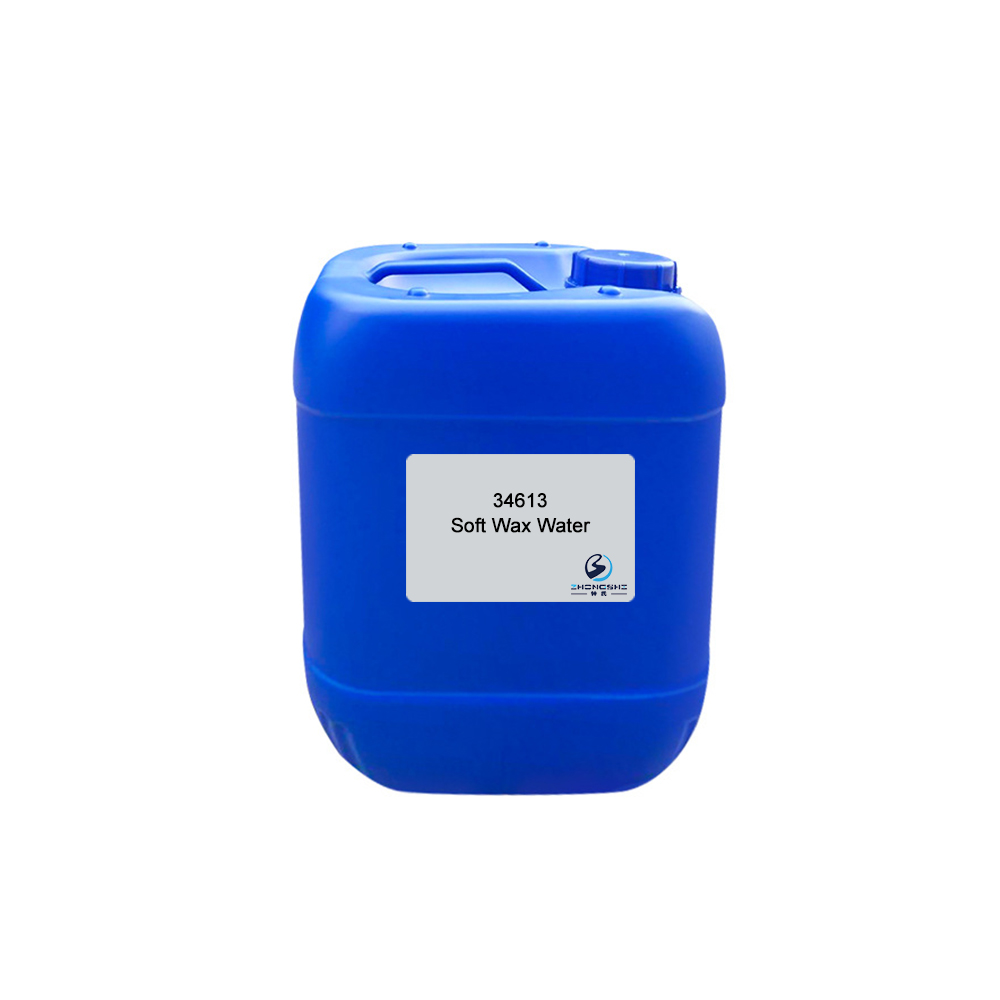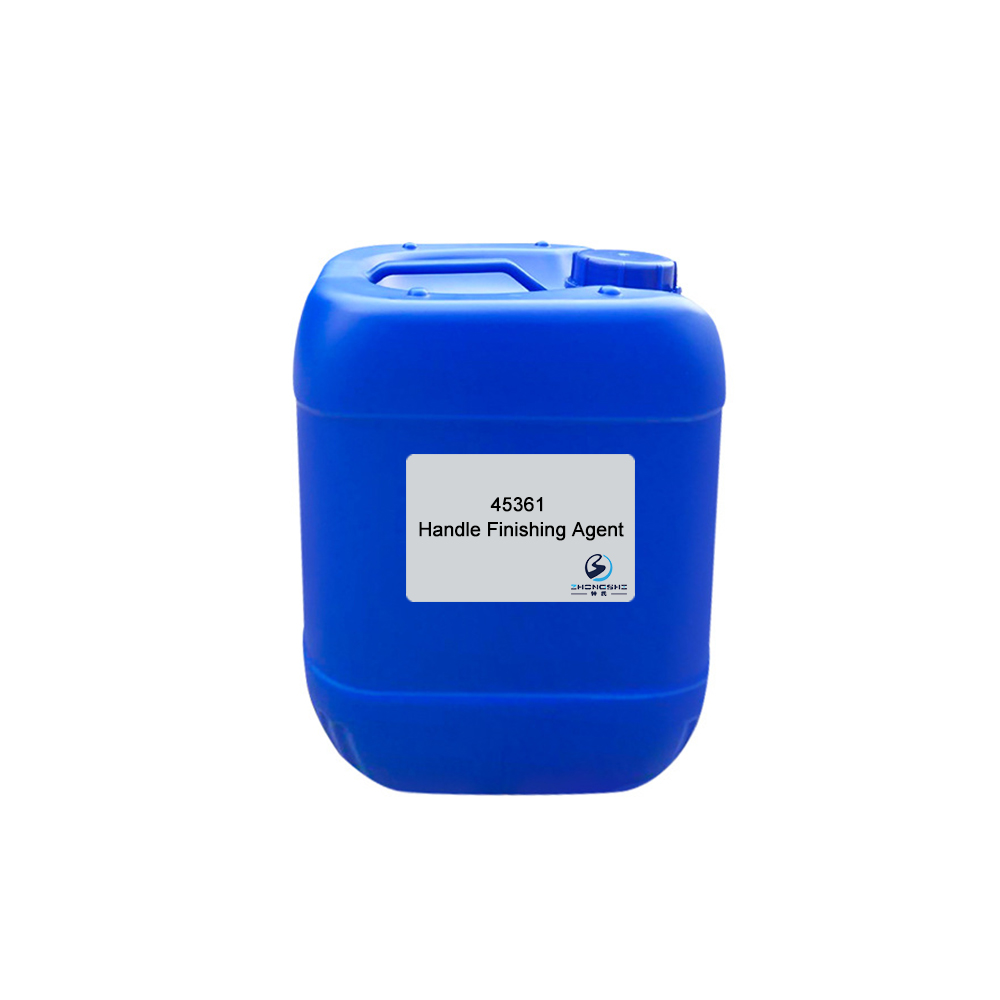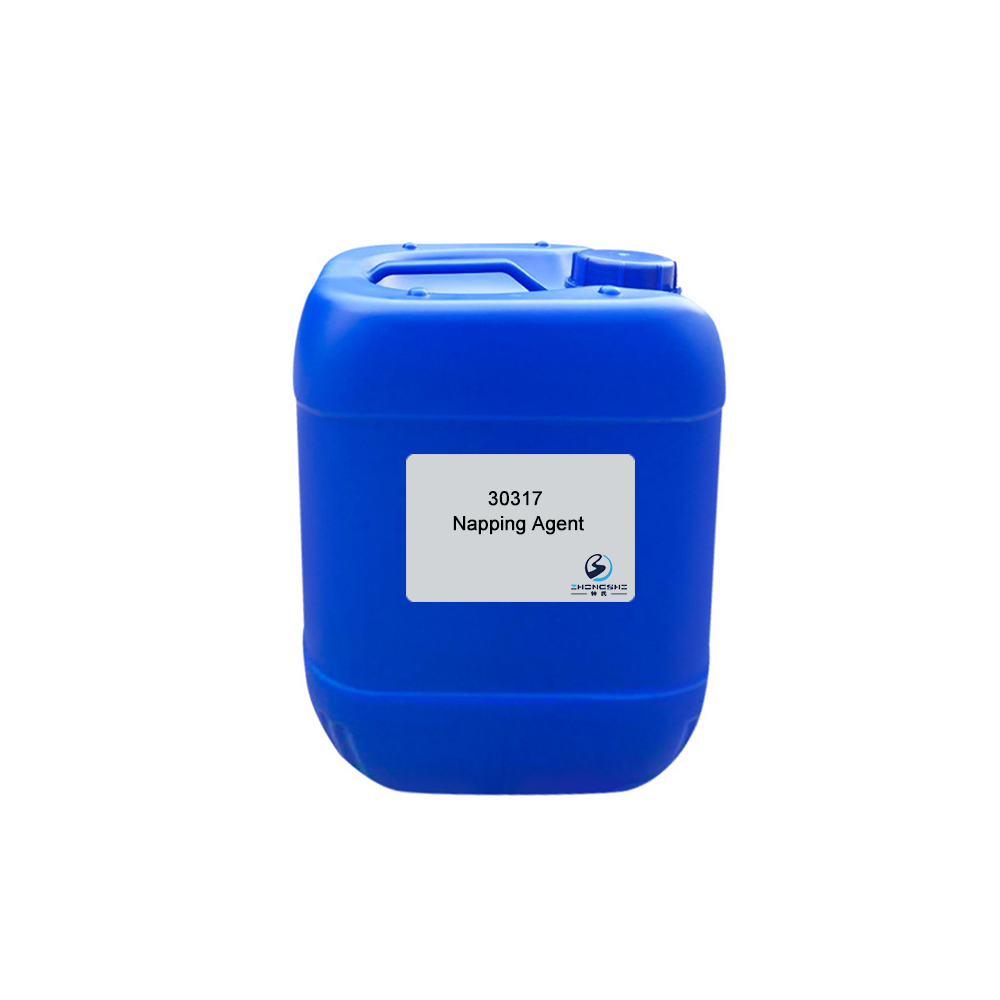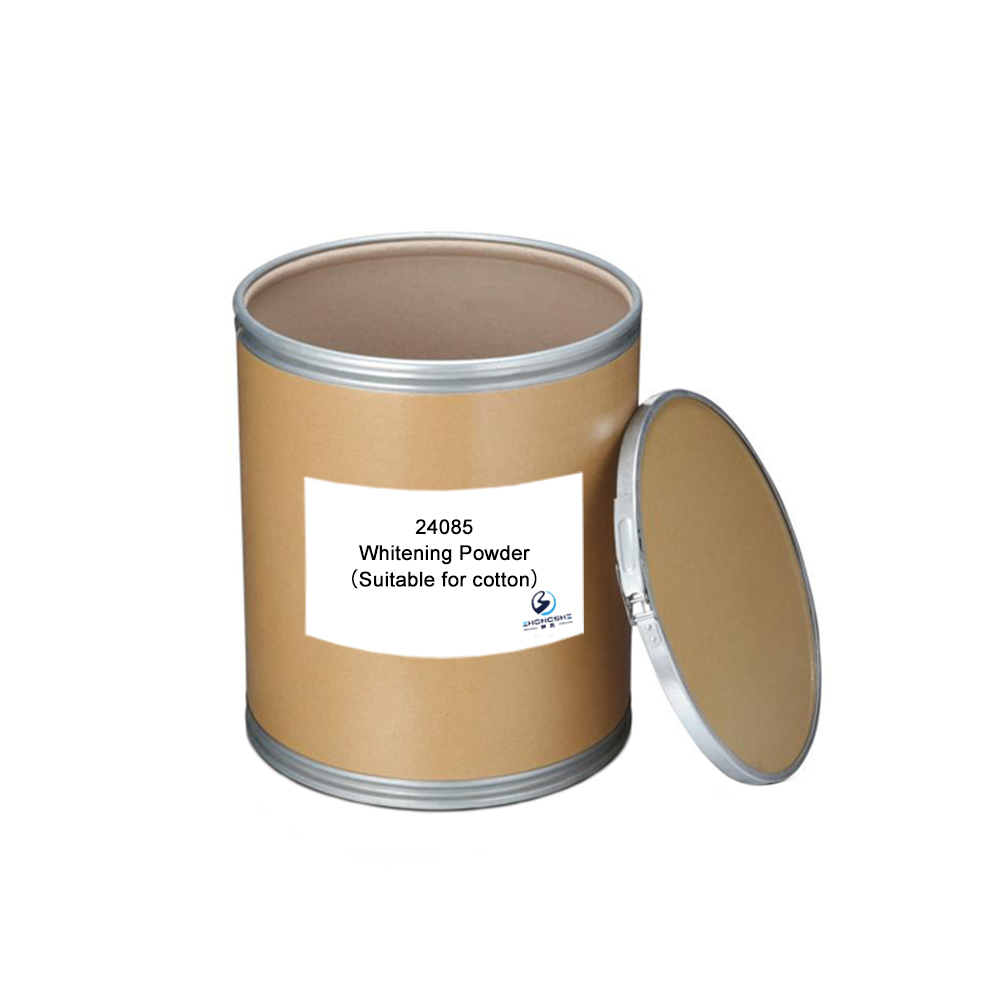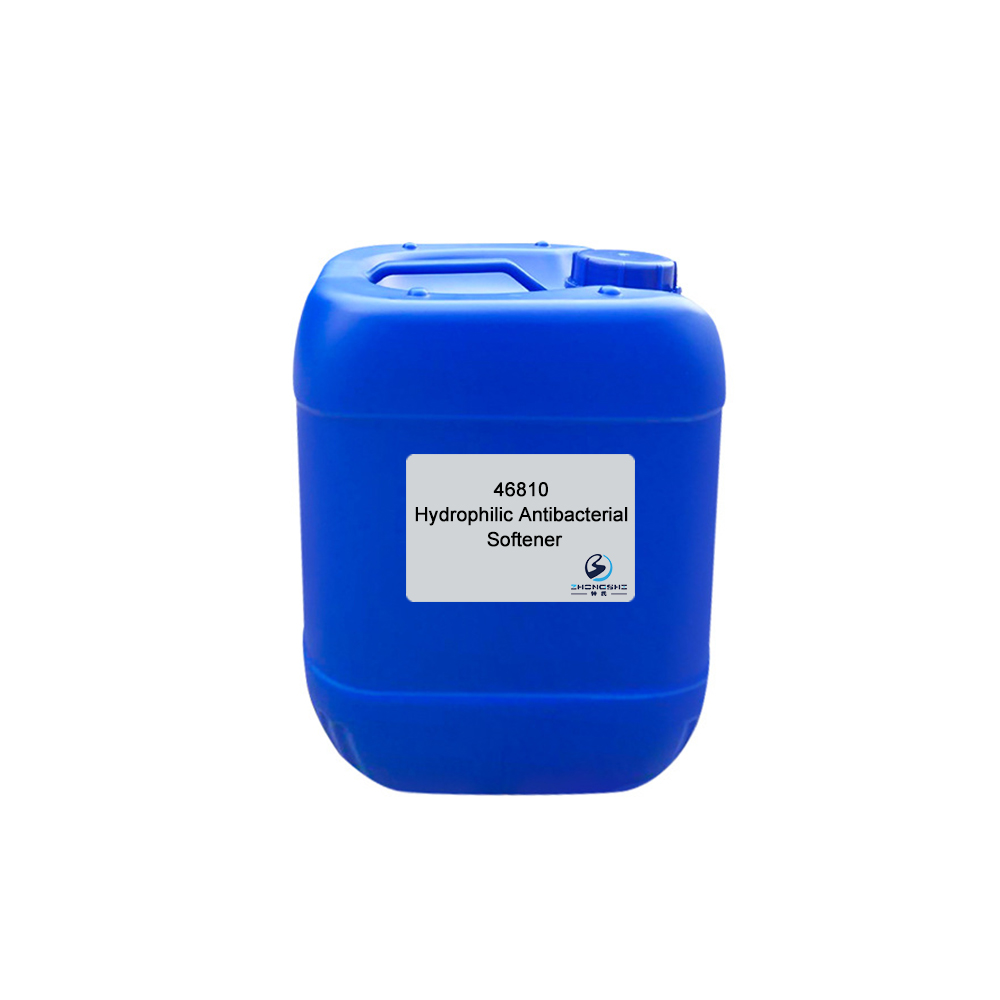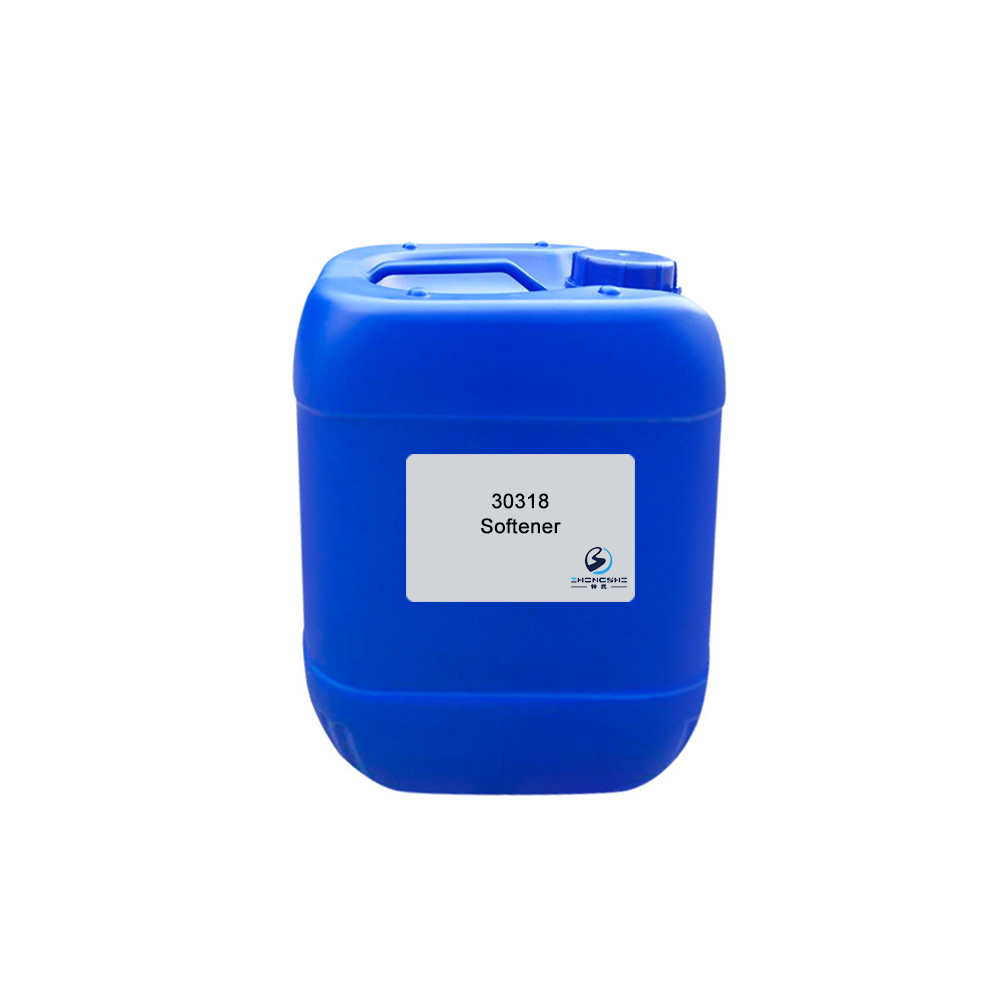Professional Design Yarn Softener - 33017 Softening Tablet (Especially for acrylic) – Innovative
Professional Design Yarn Softener - 33017 Softening Tablet (Especially for acrylic) – Innovative Detail:
Features & Benefits
- Stable in salt, alkali and hard water.
- Imparts fabrics and yarns soft and fluffy hand feeling.
- Extremely little influence on color shade of fabrics.
- Good compatibility with cationic finishing agents.
- Cannot be used together with anionic finishing agent in same bath.
Typical Properties
| Appearance: | Light yellow to yellow solid tablet |
| Ionicity: | Weak cationic |
| pH value: | 4.0±1.0 (1% aqueous solution) |
| Solubility: | Soluble in water |
| Application: | Acrylic fiber and acrylic fiber blends, etc. |
Package
50kg cardboard drum & customized package available for selection
TIPS:
Textiles constitute a large and diverse group of materials which have been widely used in apparel, domestic, medical and technical applications. The application of color to textiles, in particular in fashion, is a multidimensional area of activity where aesthetical, social, psychological, creative, scientific, technical and economic aspects come together in the design of the final product. Textile coloration is truly the area where Science and Technology meet Creativity.
Textiles are specific types of materials characterized by a unique combination of properties including strength, flexibility, elasticity, softness, durability, heat insulation, low weight, water absorbency/repellence, dyeability and resistance to chemicals. Textiles are inhomogeneous and unisotropic materials displaying highly non-linear viscoelastic behavior and dependence on temperature, humidity and time. In addition to this all textile materials without exception have a statistical nature so that all their properties are characterized by (sometimes unknown) distribution. In broad terms, properties of textile materials depend on physical and chemical properties of the fibers from which they are made and on material structure where the latter is defined both by the fiber properties and the production process which in turn may affect the fiber properties on their way through the processing line.
Product detail pictures:
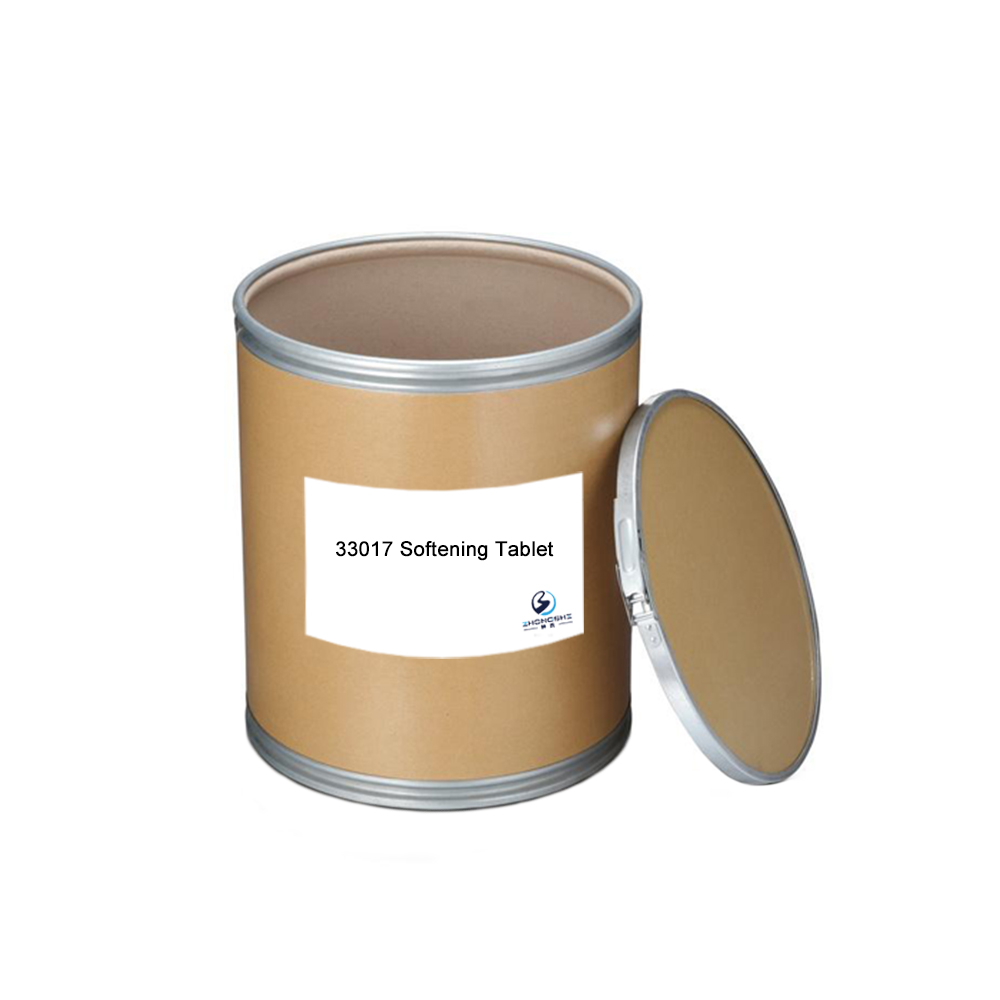
Related Product Guide:
Bleaching agent is used to remove natural pigments and impart fabrics necessary whiteness. Professional Design Yarn Softener - 33017 Softening Tablet (Especially for acrylic) – Innovative , The product will supply to all over the world, such as: Vancouver, Swedish, Mali, Mercerizing Wetting Agent 11008 is mainly composed of fatty alcohol sodium sulfate complex. It is suitable for fabrics of cotton and cotton blends. It can impart cotton fibers durable luster like silk and improves dimensional stability of textile. Mercerizing Wetting Agent 11008 is eco-friendly. It has excellent penetrating property in 21~30 °Bé caustic soda solution. It is highly stable in high concentration alkali liquor.
We have been cooperated with this company for many years, the company always ensure timely delivery ,good quality and correct number, we are good partners.


